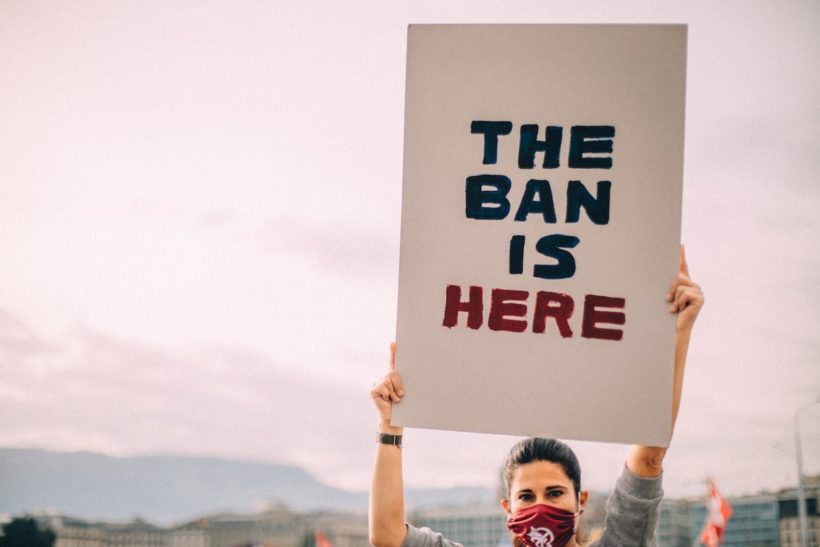The Treaty on the Prohibition of Nuclear Weapons has 55 States Parties and entered into force on 22 January 2021. As 122 states voted in favour of its adoption at the United Nations General Assembly in 2017, it can be assumed that the number of states parties to the treaty will soon increase.
By Carlos Villanajes Durán
The treaty obliges states parties to prohibit the development, testing, production and possession of nuclear weapons, as well as the use or threat of use of such weapons.
However, the nine nuclear-weapon states – which stockpile more than 14,000 atomic bombs at a cost of 100 billion dollars a year – and their European allies did not participate in the negotiations and continue to modernise their nuclear arsenals: the United States, the People’s Republic of China, the Russian Federation, the United Kingdom, France, India, Pakistan, the Democratic People’s Republic of Korea and Israel.
Spain, like the other NATO member states, did not participate in the drafting of the treaty; nor did it participate in its adoption (“empty chair”) and has not ratified it. With this attitude, Spain is protecting the status quo of the naval bases that the United States has maintained on our territory since 1953, particularly those located in Rota, Morón, Torrejón de Ardoz and Zaragoza. The opacity of the information that covers the operational transfer at these bases allows us to suspect that US nuclear weapons, over which Spain exercises no control, pass through and are even stored there.
The elimination of all weapons of mass destruction, including nuclear weapons, is a permanent demand of civil society led by the peace movements. An extraordinary coalition of peace organisations built the necessary international support to call on the General Assembly to adopt the Treaty on the Prohibition of Nuclear Weapons in 2017.
A similar alliance should be built in Spain to demand that the Spanish government withdraw the US military bases from our territory, that Spain withdraw from NATO, and to demand at the United Nations a massive and general disarmament of all states, under international control.
The right to disarmament is an essential element of the human right to peace, as highlighted in the draft Universal Declaration on the Human Right to Peace that the SSIHRL promotes, together with hundreds of civil society organisations from all over the world, at the United Nations. We invite Spanish peace organisations to adhere to it. The text of our Declaration is available at
http://aedidh.org/wp-content/uploads/2019/07/Declaraci%C3%B3n-Universal-DHP-14.7.19.pdf
This publication is part of the campaign “10 Reasons to sign the NPT”, which unites civil society organisations at the national level with the aim of Spain’s accession to the Treaty on the Prohibition of Nuclear Weapons (NPT), which entered into force on 22 January 2021.
Carlos Villán Durán is president of the AEDIDH.










